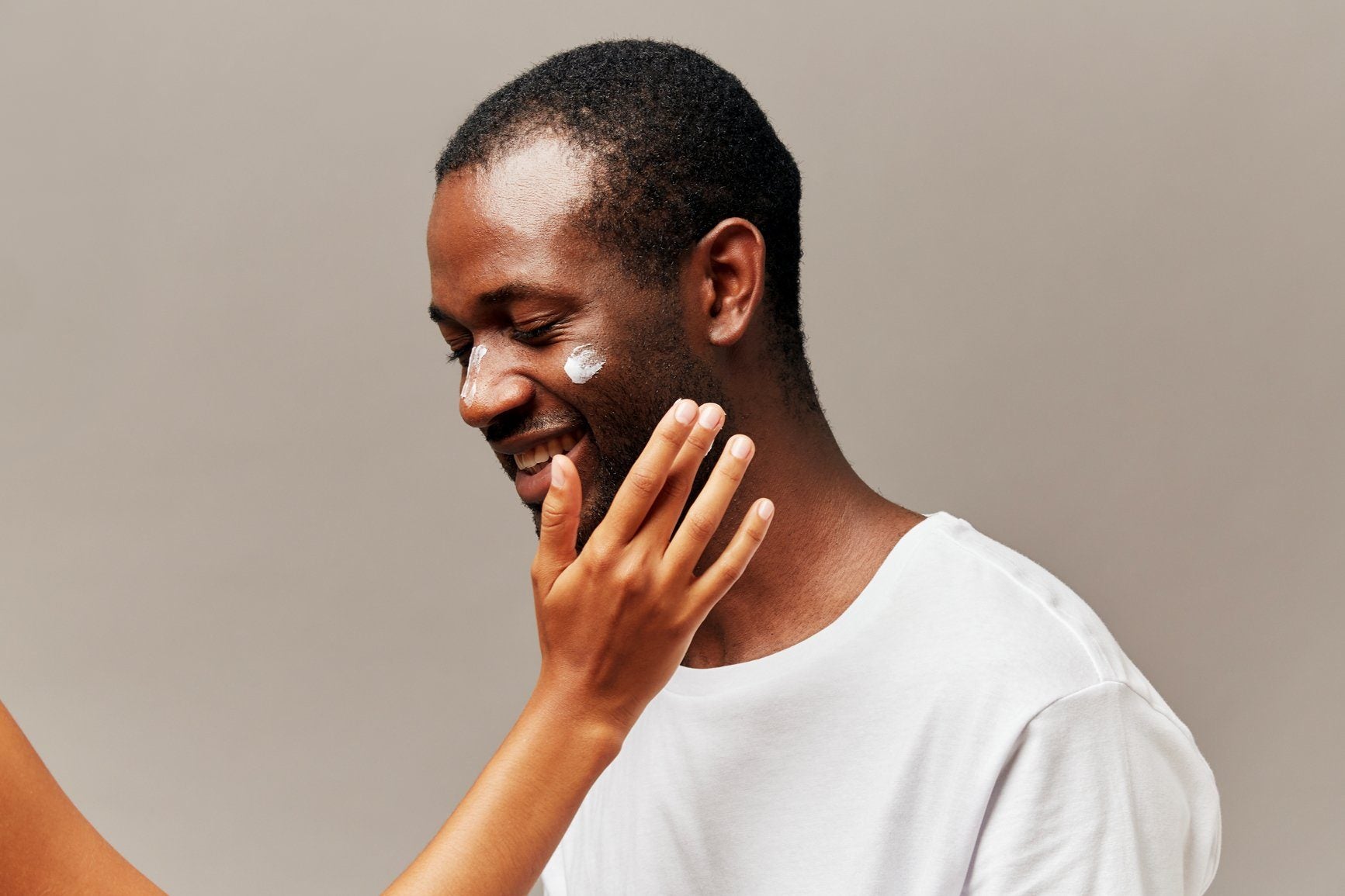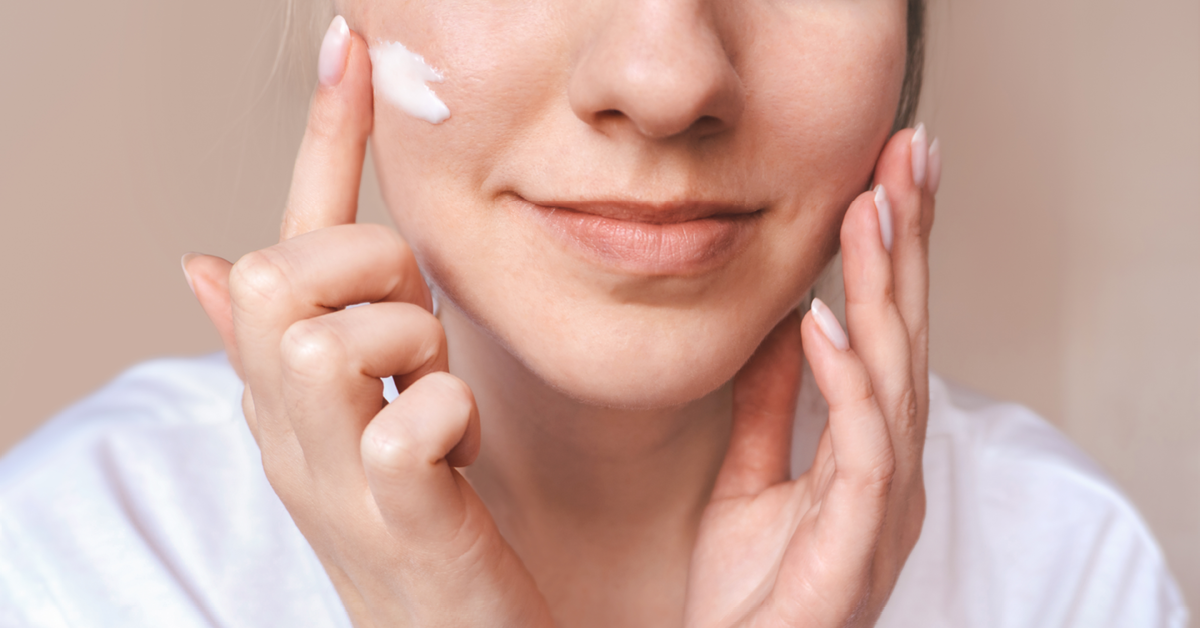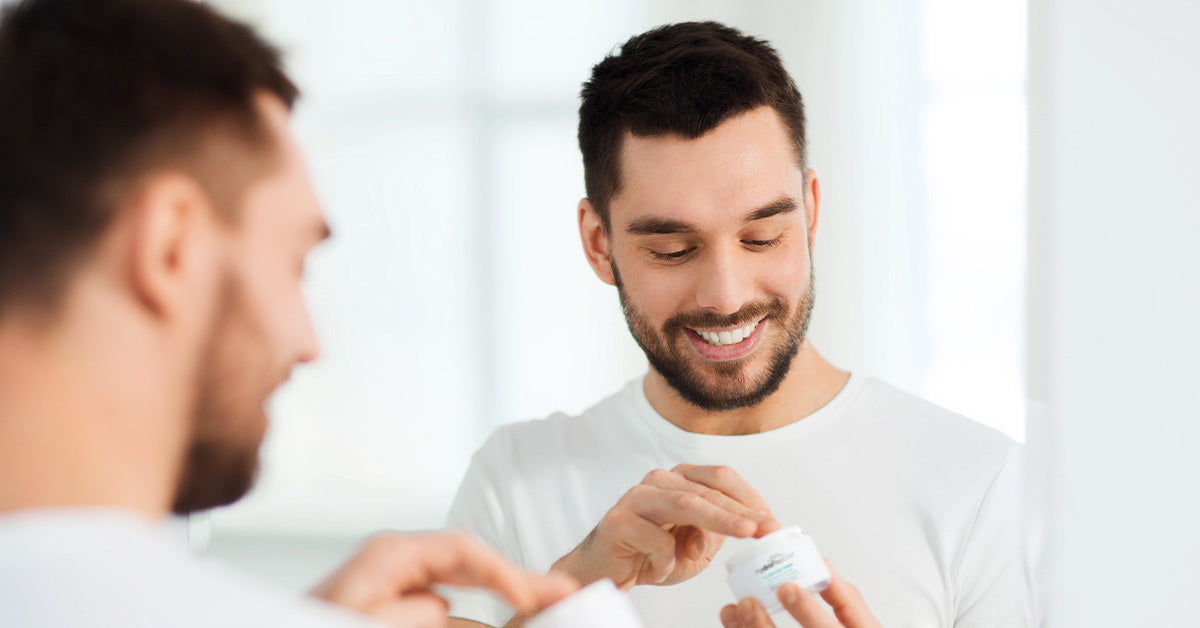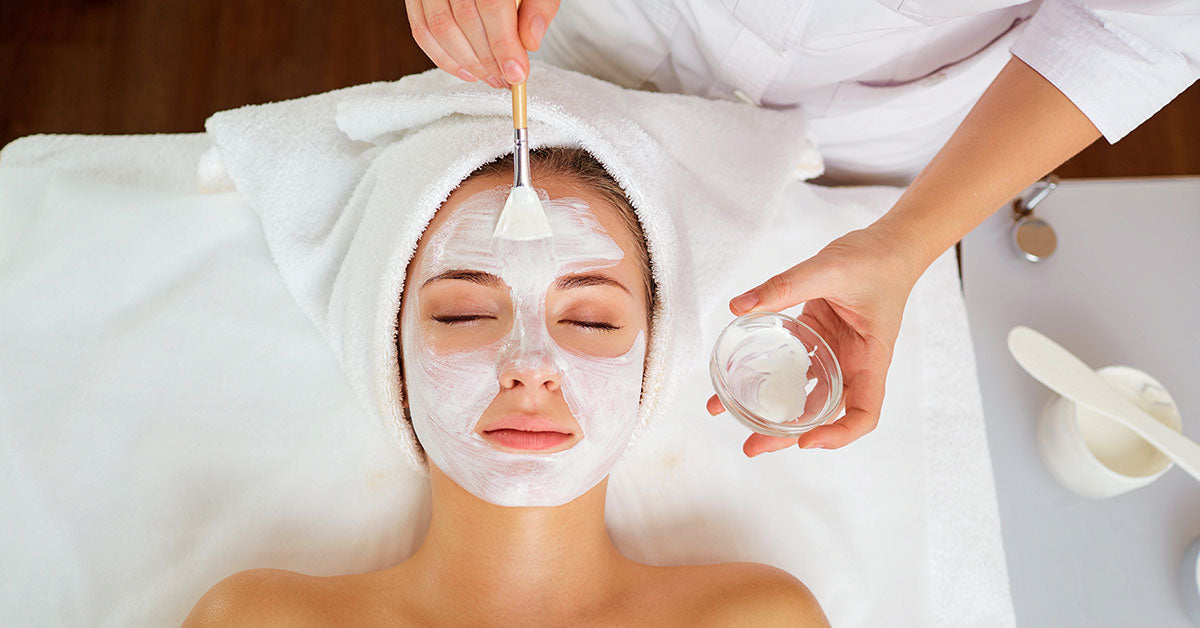
If you were looking for an excuse to skip the sunscreen, a cloudy day does not give you a free pass. While the skies may be barren of any sunshine, your skin can still get a sunburn if it is not protected. “A common mistake is to skip sun protection on rainy or cloudy days,” says Dr. Nava Greenfield of Schweiger Dermatology Group in New York City. Ultraviolet rays penetrate clouds and damage the skin’s DNA during rainy and cloudy days just like on bright and sunny days.
Should we apply sunscreen on a rainy or cloudy day?
It’s commonly thought that a cloudy or rainy day means you can go sunscreen-free, but that is not the case. In fact, it’s quite the opposite. “I have many patients present to my office with severe sunburns after vacationing to a beach location but skipped the sunblock because the first few days were cloudy,” says Dr. Greenfield. “A great rule to live by is sunscreen every day- summer winter rain or shine!”

Try the HydroPeptide collection of sun protection products, all are formulated with mineral SPF ingredients as well as antioxidants.
Can you get sunburned on a very cloudy day?
Yes, you can still get sunburned on a very cloudy day. “It may be harder to detect the early signs of sunburn because the skin will not appear the same shade of red when there is less bright light from the sun,” explains Dr. Greenfield. Because of that, be extra diligent and wear just as much sun protection. Always apply your sunscreen before leaving the house—use a mirror with good lighting so you do not miss any areas.
Try HydroPeptide Solar Defense Tinted SPF 30, the tint will help guide you as to where the sunscreen has already been placed.
What time of the day do you stop wearing sunscreen?
The rule is to stop wearing sunscreen when the sun is no longer out. “Even 1-2% of the sun’s UV rays penetrating your skin can cause significant damage,” says Dr. Greenfield. When you’re out and about, always make sure to have a sunscreen in a bag with you for easy application.
How often do I need to apply sunscreen?
Many people wonder if they really need to apply sunscreen throughout the day. If you are spending the day indoors, just one application of sunscreen should be sufficient. However, sunscreen should be reapplied every two hours when spending time outdoors. You will need to immediately reapply sunscreen after:
- Swimming
- Sports
- Sweating
Do I need sunscreen after 4pm?
Dr. Greenfield says you will need to apply sunscreen after 4pm during the summer. The UV rays are not as strong or direct after 4pm, but sun protection is still advisable at that time. Another way to protect your skin in the afternoon, when temperatures start to decline, is covering up with a lightweight long-sleeve top and a wide-brimmed hat.
What are the external, environmental factors that affect skin?
“Our skin can absorb environmental toxins and pollution to some extent, which can cause damage, aging, and internal harm,” says Dr. Nava Greenfield. UV damage, pollution, tobacco smoke and blue light are all environmental factors that can cause oxidative stress to the body and skin. According to an article in Frontiers in Pharmacology, there are three mechanisms related to the “adverse effects of ambient air pollutants on skin health: a) the generation of free radicals; b) the induction of an inflammatory cascade; and c) the impairment of the skin barrier.”
The best partner for sunscreen: Antioxidants
Besides UV damage, free radicals are a major source of damage to the skin. What are free radicals? They are unstable molecules that damage skin cells. Free radicals try and steal their missing electrons from molecules in our bodies. The best way to protect our skin from free radical damage is with antioxidants, either topically (in skincare) or in our diet.
What type of antioxidant product should I look for?
Antioxidants help to protect the skin’s surface from free radical damage by basically donating an electron and therefore deactivating the free radical. The top antioxidant skincare ingredients to look for are:
- Vitamin C
- Vitamin E
- Ferulic Acid
- Niacinamide
- Botanical Extracts
- Retinol
It helps to apply antioxidants twice a day. Unlike sunscreen, it is recommended to also apply antioxidants in the evening, as it will help your body stimulate its own free radical protection.
Try HydroPeptide Face Lift Advanced Ultra-Light Moisturizer, which contains the PerfectionPeptide medley in the formula, designed to promote your body's natural antioxidant enzymes, building your skin's natural defenses against damaging free radicals.
Is it beneficial to wear sunscreen at night, or is it not necessary?
While it is not necessary to wear sunscreen at night, it is necessary to use skincare ingredients that will help repair and correct any damage your skin has received during the day. The best skincare ingredients for evening include retinol, peptides and vitamin C. All three will help to regenerate collagen and increase cell turnover, which helps remove sun damage and dark spot as well as reduce fine lines and wrinkles caused by external factors, such as the sun and pollution.
Try the Nimni Collection of collagen-generating products.
Why would I wear sunscreen if I'm not in the sun?
The sun is all around us even when we’re not in direct sunlight. “The sun’s rays come through windows, especially UVA rays, and can damage the skin,” says Dr. Greenfield. There was a famous study conducted by the New England Journal of Medicine showing the sun damage a truck driver received to the window-facing side of his face. The study proved that UV rays can indeed penetrate windows. Wearing sunscreen on a daily basis—whether you’re directly in the sun or not—is critical to an overall healthy skin routine and in order to maintain youthful looking skin.













